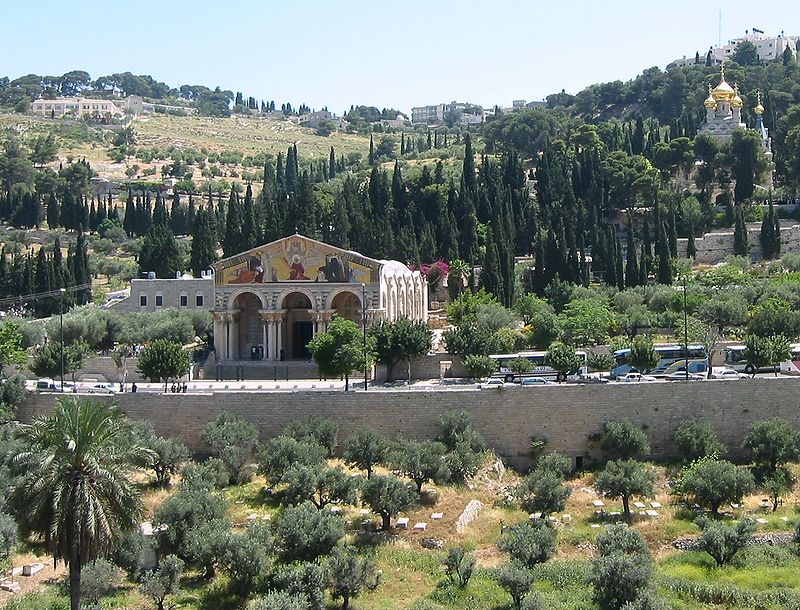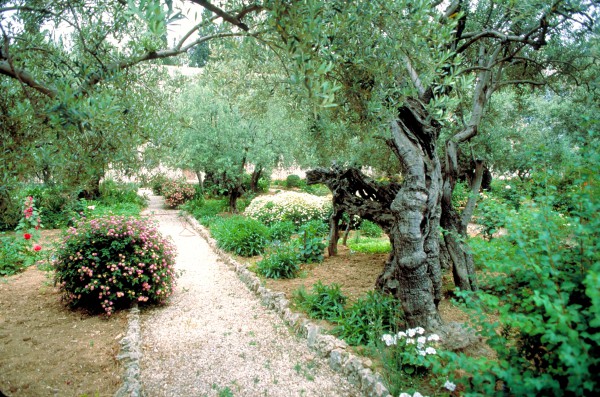| East Jerusalem contains holy places for Jews, Christians and Muslims. The main ones are:
- the Wailing Wall (Western Wall), remnant of the Jewish Temple
- the Temple Mount with the mosques
- the Holy Sepulcher Church
- the Mount of Olives
- the Garden of Gethsemane
numerous old churches, mosques, yeshivas
ca 1000 BC King David conquers Jerusalem from the Jebusites, his successor King Solomon builds the First Temple
destruction of the temple by Nebuchadnezzar
return of the Jews from Babylonian captivity, rebuilding of the walls under Ezra and Nehemiah and the temple
destruction of the Temple by Titus
Muslims conquer Jerusalem, build Al Aksa mosque under Caliph Omar
Crusaders conquer Jerusalem, Godfrey of Bouillon
1915: Sir Henry McMahon, British High Commissioner in Egypt, offered Sherif Hussein of Mecca an independent Arab state if he would help the British fight against the Ottoman Turks. Hussein's interest in throwing off his Turkish overlords converged with Britain's war aim of defeating the Ottomans
1916: Sykes-Picot agreement: partition of the regio in French and British spheres of influence
1917: Balfour declaration: a jewish national home in Palestina
1918 Jerusalem falls into British hands
1920: Treaty of San Remo: Syria and Libanon became a French mandate, Palestine, Joran and Iraq British mandate (Egypt was already in the hands of the British, Northern Africa for the greater part French and the Arabian peninsula independent)
1922: English treaty mandate, which provided to ensure Jews throughout Palestine, when Israel and the West Bank, would have the right to close settlement
1945: the Quincy meeting, that means a determination to assert US influence in a zone which is strategic to America security, the strengthening of energy security, the fight against terrorist groups, a determination to contain Iranian influence and a firm commitment to Israel's security
1947 According to the UN partition plan of Palestine, Jerusalem and the surrounding area must become a corpus separatum, freely accessible to Jews, Christians and Muslims 1947:
1948-1949 Israel conquers West Jerusalem and Trans-Jordan conquers East Jerusalem, the international community accepts the status quo. After the proclaim of the state of Israel the Arab states attacked, followed by the independence war, during which Israel extended their territory. Jordan captured the West Bank and Egypt the Gaza strip. Armistice Agreements ended the official hostilities of the 1948 Arab-Israeli War, and established armistice lines between Israel and the Jordanian-held West Bank, also known as the Green Line.
1956: Suez crisis. Egypt (Nasser) nationalized the Suez Canal. After that there followed a combined attack by Israel, United Kingdom and France. Under great pressure by the US and USSR the attackers had to pull back
1967 Israel conquers the West Bank including East Jerusalem. The rise of Palestine nationalism (international terrorism)
June 6-Days war. The barrier by Egypt of the Street of Tiran for Israelian shipping is the motive for an Israelian attack on Arab neighbourhood-states. Israel captured
on Egypt the Sinai desert (till the Suez Canal) and the Gaza Strip (Palestinian), on Jordan the West Bank including East Jerusalem, on Syria the strategic Golan Heights
Israel is expanding the municipal boundaries from 6 to 65 square kilometers and announces that it will no longer leave the city
June 27 Israeli law is declared applicable to Jerusalem
November 22 UN resolution 242
1970: Jordan civil war
1973: October Jom Kippoer war. Unexpected attack by Egypt and Syria to re-capture Sinai and Golan. During the war Arab oil states causes the so called first oil crisis. The war ends by the intervention by the Great Powers in a militairy deadlock
1975: start of Libanon civil war
1977: in the occupied territories the Likoed governments (Begin) started to build jewish settlements.
The historic visit to Jerusalem of the Egypt president Sadat directed to the Camp David arrangements
1979: peace treaty between Egypt and Israel
1980 de facto annexation
1981 The Knesset declares Jerusalem the "eternal and indivisible" capital of Israel.
The international community does not honor the annexation and all foreign embassies in West Jerusalem were closed. Condemnation by the UN Security Council
1982: June Extended Israelian invasion in Libanon directed to the siege of Beirut, the retreat of the PLO (to Tunis) and massacres in Sabra and Chatilia
1985: Israel's pull back from Beirut, except the security line in the South
1987: December the start of the Intifada (Palestinian revolt) in the Gaza Strip
1991: after the Gulf war (Iraq attacks Israel with scuds) the Madrid conference was arranged under pressure of the USA. The result of this was a separate peace deliberation between Israel and the Arab states
1993: after secret negotations in Oslo, Israel and the PLO signed in Washington in September an agreement of principles
1994: Arafat settled in Gaza a Palestinian National Authority and Israel and Jordan signed in September a peace treaty
1995: Rabin murdered in November
1996: stagnation in the peace process till 1999 (Netanyahu)
2000: Camp David summit (July/August) between Barak and Arafat failed. A visist of Sharon in September to the Temple Mount leads to the second Intifada (Palestinian attacks by self murders and Israelian recaptured of Palestinian territory)
2003: Roadmap to the peace of the Quartet (USA, EU, Russia and the UN), to stop all settlement-activities
2007: Annapolis agreement, which confirmed the obligation from 2003 to stop all settlement-activities
Changes in Jerusalem since 1967
- in East Jerusalem in 1967, 90% of the land was in private Palestinian ownership. In 1967, almost 90% of the land was controlled by the Israeli government. - a dozen new Jewish neighborhoods have been built in a ring around Jerusalem - 39,000 homes were built for Jews by the government, no homes for Palestinians, 88% of which were built in Jewish neighborhoods, 12% in Palestinian neighborhoods, Palestinians usually do not receive a building permit
- in 1967, no Israeli citizens lived in East Jerusalem, now(in 2009) 170,000. About 50,000 Palestinians have left East Jerusalem since 1967, with 166,500 remaining - a large number of yeshivas have arisen - the old Jewish quarter in East Jerusalem has been completely renovated - many Orthodox Jews in particular settle in Jerusalem and increasingly determine the cultural climate and social life, especially in Orthodox neighborhoods such as Mea Shearim
2012: UN voted on a resolution to upgrade the status of the Palestinian Authority to a non-member observer state
2013: launch Two State stress test, a new online tool that provides a comprehensive assessment of the key issues that would make or break a two-state outcome between Israel and Palestine
2020: Israel and the Arab World Are Making Peace (Abraham Accords Peace Agreements)
2023: Israel - Hamas war
2024: on April 14, Iran directly attacks Israel. The attack is a "response to the numerous crimes committed by the Zionist regime," the Iranian Revolutionary Guards said. The immediate reason was the Israeli bombing of the Iranian consulate in Damascus on April 1. |
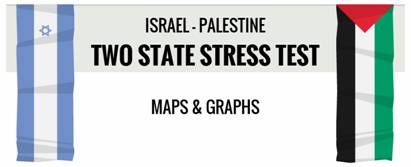



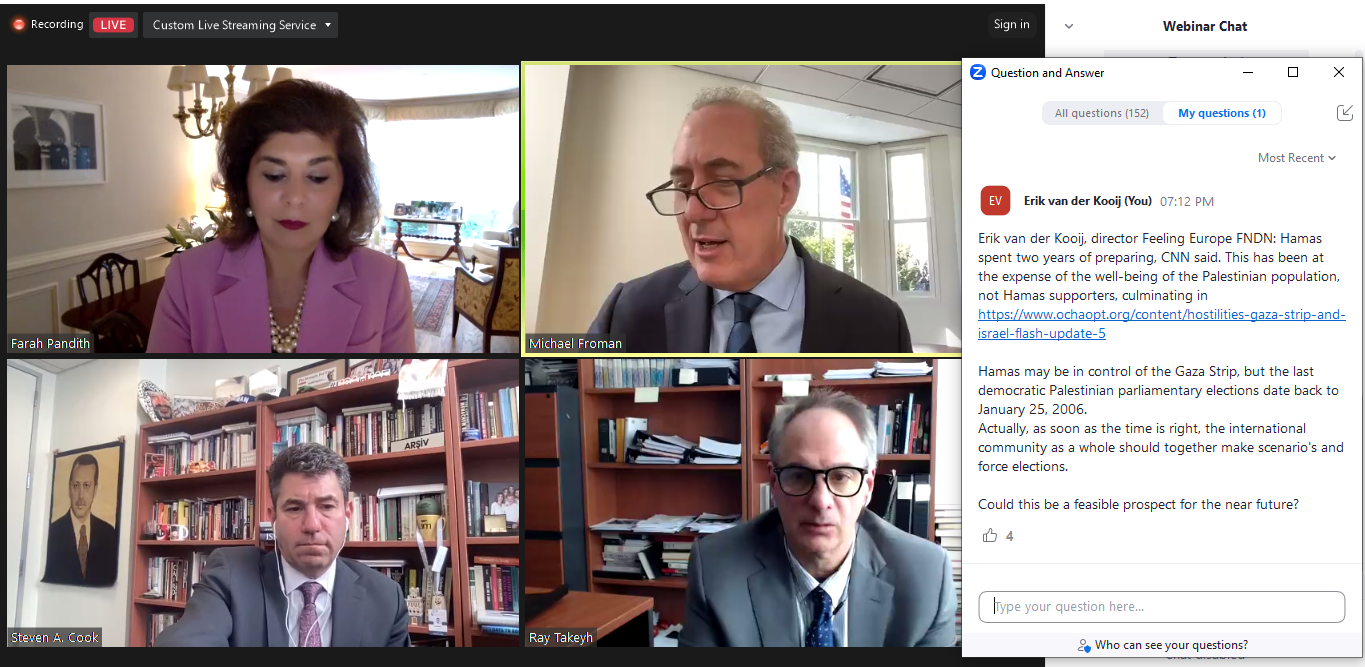


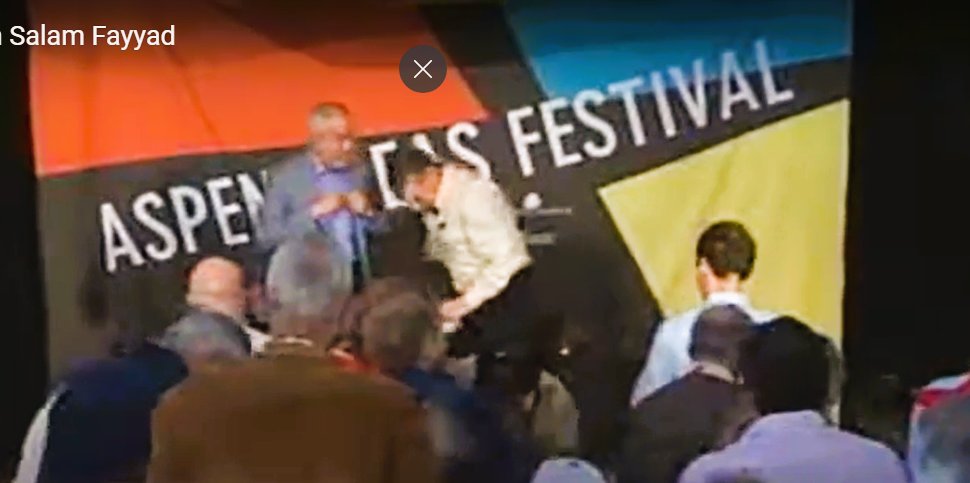

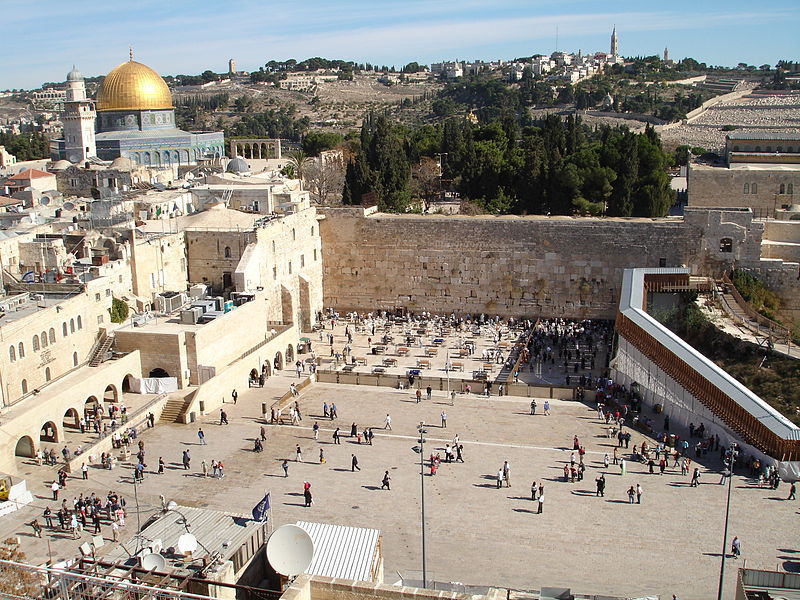

.jpg)
